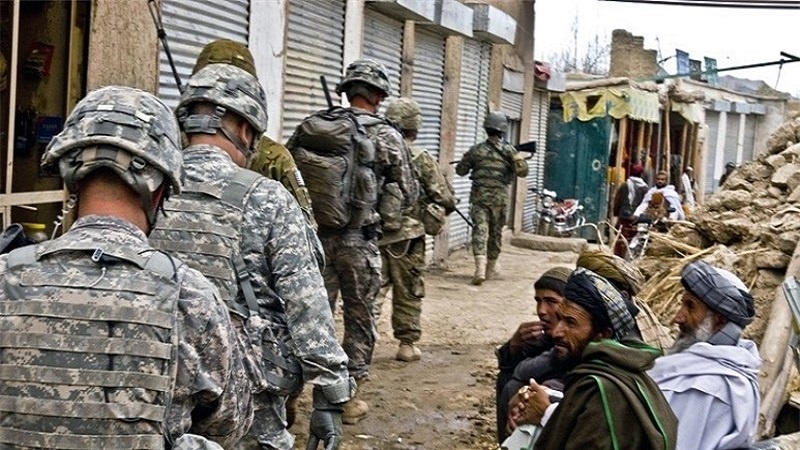“What is winning?”
That is a question that General Dan McNeill asked when he was the newly installed commander of NATO forces in Afghanistan in 2006. As Craig Whitlock of the Washington Post explained to Dave Davies on NPR’s Fresh Air, McNeill asked further, “What do you want to accomplish in Afghanistan? And he said nobody could define it for me. They just said, go over and do your best and try and do good things.”
McNeill was not the only one at sea on this Afghanistan. Years earlier, Secretary of Defense Donald Rumsfeld had penned in one of his now-famous “snowflake” memos, “If we don’t come up with a plan, we’ll never get our troops out. And then he ended the memo, the snowflake, with one word. It was help, exclamation point.”
The stalemate, or quagmire if you will, that is Afghanistan situation today, is reminiscent of cases where companies get themselves into binds because they don’t know what they were doing strategically. As a result, like the US in Afghanistan, they do a great many things tactically but fail to focus on results. Tragically time, treasure, and lives are lost.
To date, the war in Afghanistan has cost the lives of over 2,300 US troops and at least 160,000 Afghani lives. It has cost trillions, and after 18 years, the war seems as untenable now as it did when it began in 2001. Whitlock was the lead reporter on the Washington Post team that published an account, adapted from Lessons Learned the Pentagon’s own account of the Afghan war.
What is admirable about the report is the frankness that the military shows with itself. From officers on the ground to commanding generals, everyone interviewed in the official documents conceded that mistakes were made and that the war was not being won. The problem was that point of view was not embraced by successive presidential administrations—Bush, Obama, and Trump. Each administration kept pushing for victory, even though, as General McNeill had pointed out, no one knew what “victory” meant.
As it relates to Afghanistan, every officer who served knows strategy and the consequences of not operating with one. But due to an inept bureaucracy and poor civilian oversight, the strategy proved elusive. NATO forces did good things. They began rebuilding the infrastructure, roads, hospitals, and schools. They also provided humanitarian aid. The one thing they did not do was defeat the Taliban, or prevent aid money from being siphoned off by senior members of the Afghan government.
It’s easy to throw stones from 7,000 miles away, but the lesson that emerges from Post’s reporting is those good intentions fail when there is no stated end goal. In fairness, the US invaded Afghanistan because Al Queda, operating there, had masterminded the 9/11 attacks. The US was defending itself.
What to “Know”
There are pragmatic insights to be gained from the Pentagon’s Lessons Learned that can help civilian managers make better decisions.
Know the situation. Before you invest in the project, study the issues as well as the competition. Know what you can offer and why it matters.
Know your resources. How much can you invest? Initiatives begin with funding that often proves insufficient when you do continue to invest or pull the plug.
Develop a strategy. What does success look like? If you can answer it quickly, then you are on the right path. If you don’t know the end-game, you know that you are headed for more trouble.
Revise your strategy. When the situation changes, re-examine your approach. What do you need to do differently, and why.
None of these ideas are new or unique. The problem is we may overlook them in our rush to complete a project. The challenge for leaders is to hew the path but also know when to step off the path when it is no longer clear.
Finally, follow a dictum of Harvard Business School professor Michael Porter, considered a seminal thinker on strategy, who wrote, “The essence of strategy is choosing what not to do.” Keep focused on the mission and align everything toward it. Avoid the distractions of the “next big thing.” Strategy is a discipline, and without it, missions are destined to flounder.













